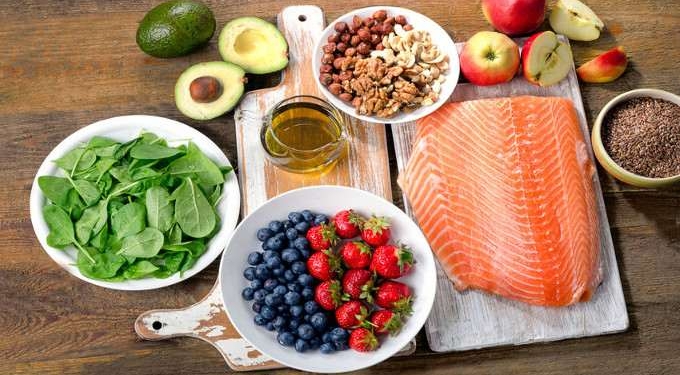
By Dr. Joseph Mercola | mercola.com
It needn’t be difficult or expensive to eat healthily.
Ease into it by eliminating three bad foods and adding a few good foods to your diet. This will help maintain your weight while lowering your risk of developing a number of chronic diseases, according to the Harvard School of Public Health.
Eating the right amount of certain foods may help cut your risk of dying from heart disease, stroke and type 2 diabetes by almost half.
Don’t know where to begin? Let’s start with what to pitch; here are three things to get rid of:
- Sugar-sweetened beverages such as soda, fruit drinks, and sports drinks
- Refined grains: Think “white” as in flour, bread, rice, and pasta, as well as pastries and similar sweets
- Highly processed foods including fast food and meats such as salami, ham, bacon, and sausage
Sugary beverages are Bad with a capital b. Most are sweetened with high-fructose corn syrup, which studies show can increase risk factors for heart disease within two weeks! There is also a strong link between processed foods and depression.
Consuming high-carb, refined grains also can lead to allergies, asthma, gluten intolerance, celiac disease, heart disease, vitamin deficiencies, diabetes, and obesity.
Now that you’ve dumped some unhealthy foods, what’s to eat? Plenty! Try these simple food changes:
- Three pieces of fruit per day
- Two cups of cooked or four cups of raw veggies per day
- Five 1-ounce servings (about 20 nuts) of nuts or seeds per week
- Healthy oils such as coconut, extra-virgin olive, aka EVOO, and avocado
- One serving (5-to 8-ounces) of red meat or 8-ounces of seafood per week
Eating plenty of organic, raw vegetables and whole fruits daily can lower your blood pressure and cut your prescription costs in half. And no, fruit juices are not a substitute for whole fruits.
Regarding fruits, they offer many vitamins, enzymes, and minerals, but limit how much fruit you eat as the fructose content can upset your metabolism. It’s best to limit fructose to 25 grams per day from all sources, and as little as 15 grams a day if you're diabetic or have chronic health issues (including the fructose from whole fruits).
A handful of raw nuts or seeds is a satisfying — and tasty! — a snack that contains healthy fats, fiber, protein, antioxidants and minerals, all the while helping to maintain your weight, boost your immune system and benefit your heart. Pumpkin and sunflower seeds, as well as pecans, macadamia nuts, and walnuts, are excellent choices.
Avoid grain-fed meats and go for organic, pastured beef — not beef from animals raised in concentrated animal feeding operations (CAFOs). The same applies to other animal meats and animal products such as pork, poultry, dairy, and eggs. Choose wild-caught seafood that is good for you and the planet. Smaller fish like sardines, anchovies, and herring tend to be low in contaminants and high in heart-healthy omega-3 fats. Salmon is also an excellent source of omega-3; just make sure it’s wild-caught Alaskan salmon (either fresh or canned) to reap the benefits.
And yes, there are ways to adopt a keto-style diet to eat healthily and not break the bank.
Visit farmers markets or connect with local, organic farmers when shopping for meat, eggs, vegetables, and fruits. Grow your own vegetables, sprouts, and fruits and try fermenting any excess raw veggies. Fermented vegetables are easy to make and supply your body with essential enzymes and beneficial bacteria needed for good gut health and digestion.
So, go ahead, hit the Healthy Road: Throw out the junk foods, consume real food and, in the long run, you’ll feel great and could save thousands of dollars on chronic disease-related medical expenses.
You’ve got nothing to lose but weight, depression, and illness.
















